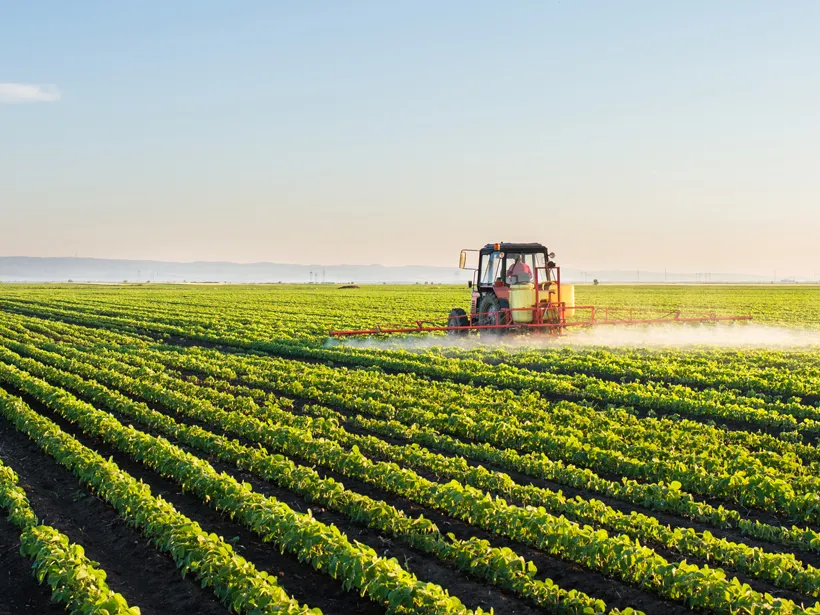Mathew Amaechi
In a landmark move poised to transform agricultural productivity and economic resilience across Northern Nigeria, the Bauchi State Government has signed a $158 million agreement to launch a sweeping Value Chain Programme aimed at modernizing farming, boosting exports, and creating jobs.
The deal, formalized at the Presidential Villa in Abuja on Thursday, unites international development partners, federal authorities, and 10 Northern states in one of the region’s most ambitious agricultural overhauls to date.
The multi-state initiative, co-funded by the International Fund for Agricultural Development (IFAD), the French Development Agency (AFD), and the Federal Government of Nigeria, will target Bauchi, Borno, Yobe, Jigawa, Kaduna, Kano, Katsina, Zamfara, Sokoto, and Kebbi states.
The program seeks to strengthen every link in the agricultural value chain—from crop production and processing to market access—while positioning Northern Nigeria as a competitive player in global agribusiness.
Speaking at the signing ceremony, Bauchi Deputy Governor Auwal Jatau hailed the agreement as a “transformative leap” aligned with Governor Bala Mohammed’s vision to harness the state’s untapped agricultural potential. “This partnership is not just about farming—it’s about industrialization, job creation, and securing a sustainable future for our people,” Jatau declared.Central to the initiative is Bauchi’s recent certification as a food export processing zone, a strategic milestone that underscores the state’s readiness to compete internationally.
Jatau emphasized that the program will build on existing reforms, including the World Bank-supported State Action on Business Enabling Reforms (SABER), which streamlines regulations to attract private investment.
“We’ve laid the groundwork through policies that empower farmers, simplify land access, and incentivize agribusinesses,” Jatau said. “Now, with this $158 million injection, we’re scaling up to unlock industrial growth and connect our farmers to regional and global markets.”
The Value Chain Programme arrives amid mounting climate and economic challenges in Nigeria’s agrarian north, where insecurity and fluctuating crop yields have hampered development. By pooling resources across 10 states, officials aim to foster cross-border collaboration, share technology, and build climate-resilient farming practices.
IFAD and AFD’s involvement signals confidence in the region’s potential, with both agencies prioritizing projects that enhance food security and rural livelihoods. The Federal Government’s participation further reinforces national ambitions to reduce food imports and diversify the economy through agriculture.
Jatau reaffirmed Bauchi’s commitment to creating an enabling environment for the program’s success, including infrastructure upgrades, training for smallholder farmers, and partnerships with agro-processors. “Our people’s prosperity begins with agriculture,” he stated. “This is a blueprint for lifting communities out of poverty and ensuring no one is left behind.”
The Deputy Governor also extended gratitude to development partners, stressing that the agreement marks a “new era of partnership” to drive inclusive growth.
Implementation is expected to roll out in phases, with initial projects likely focusing on staple crops like maize, rice, and sorghum, as well as livestock value chains. Stakeholders will closely monitor progress as the northern states work towards achieving these set goals.

